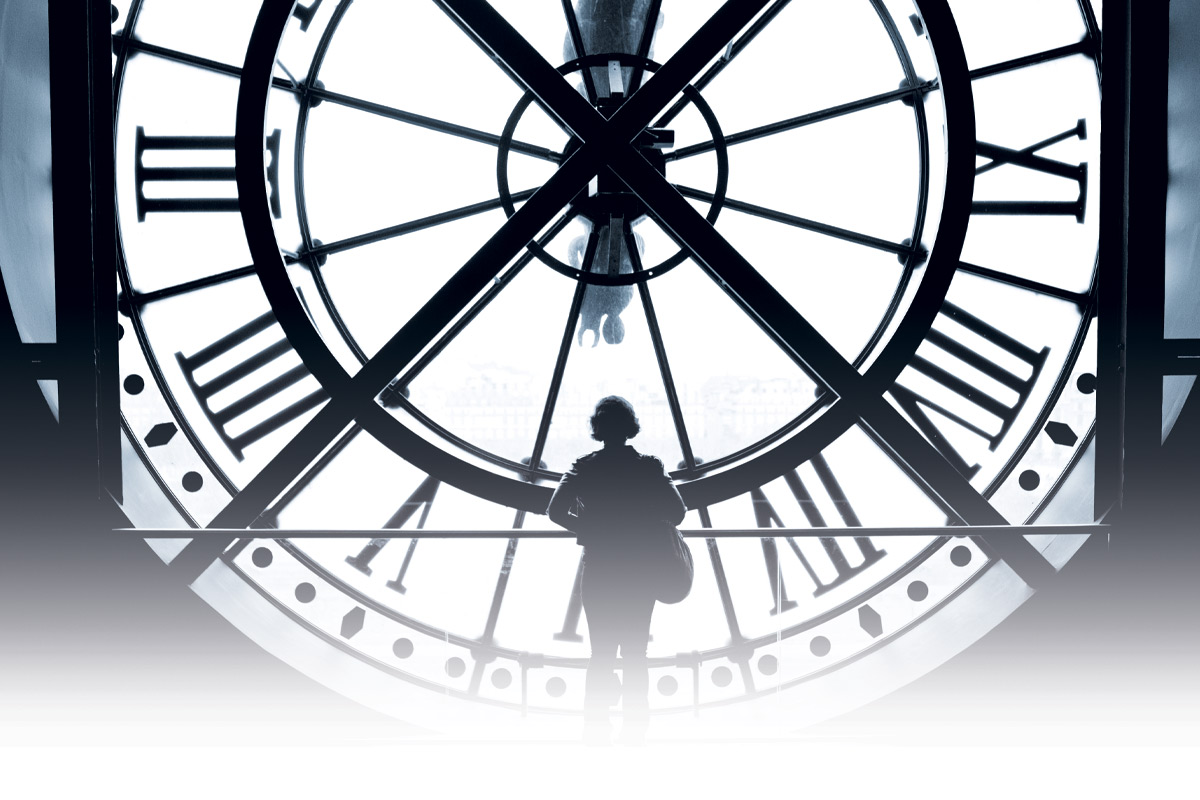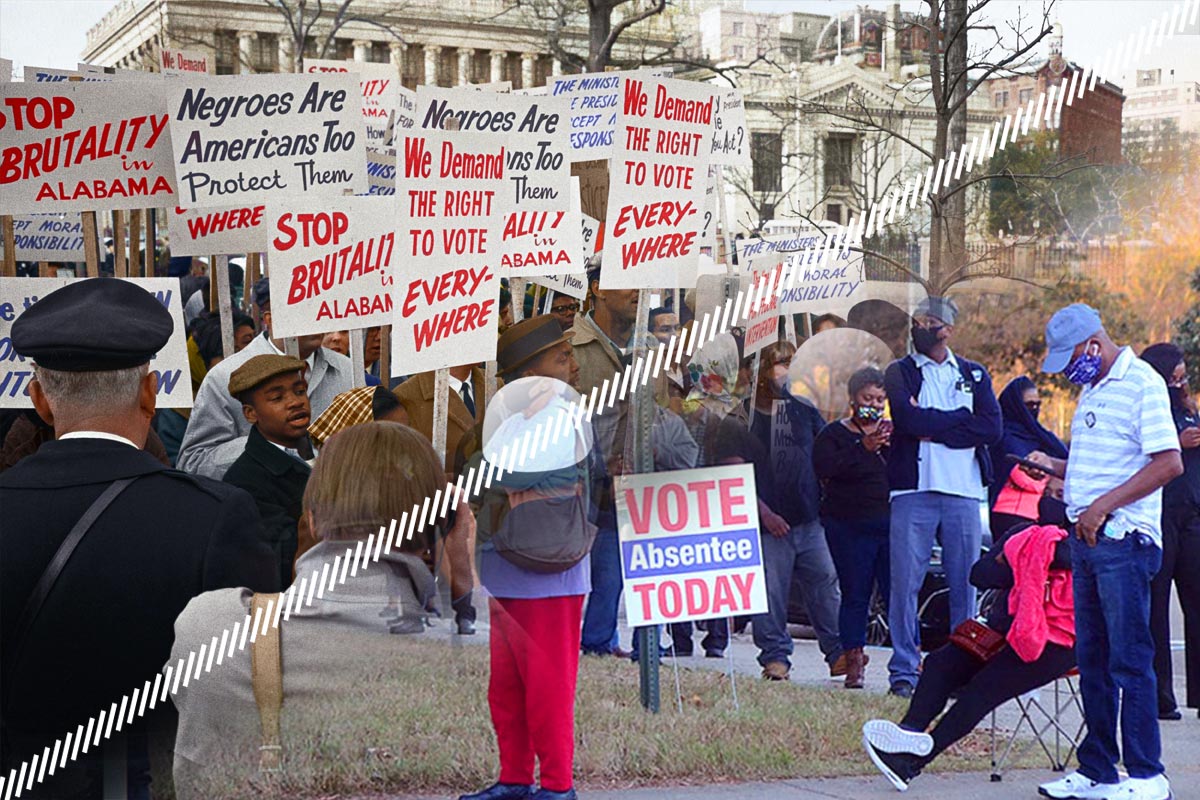
Moving from 3/5 to 60%

- State Voting Laws | Brennan Center for Justice
- State Voting Bills Tracker 2021 | Brennan Center for Justice
- Voting Laws Roundup: February 2021 | Brennan Center for Justice
ccording to the Associated Press, more than 155 million people voted in the 2020 Presidential Election. This represented an increase of more than 20% participation from the 2016 election, when nearly 129 million people voted. But instead of a celebration for democracy, the 2020 election became a mockery of democracy, with so much of the disdain emanating from the White House.
Despite widespread media coverage of the allegations of voter fraud by former President Donald Trump, the search for evidence to substantiate the fraud still comes up empty. Yet, the Brennan Center for Justice, a nonpartisan law and policy institute, reports more than 43 states are considering “more than 250 bills that would make it harder to vote,” a seven-fold increase in such measures since the 2016 elections. These legislative proposals seek to restrict voting by creating stringent voter identification laws, and eliminating mail-in voting and ballot drop-off boxes.
Fortunately, there’s another side to the story. More than 700 bills were introduced in 43 states that would make it easier to vote. These proposals include measures to expand access to early voting, register voters automatically, and restore voting rights to people with past convictions.
A National Public Radio poll reported that 80 million people did not vote in the 2020 presidential election. This represents about 33% of eligible voters. And the number one reason people gave for not voting is—drum roll for this shocking news—they had not registered to vote. In addition, the article listed other reasons in this order:
- lack of interest in politics;
- indifference toward the candidates;
- they questioned whether their vote makes a difference; and
- being undecided.
As much as we talk about civic responsibility when it comes to voting, there is no reason why a bipartisan solution to ensure democracy continues to be an ideal and not a reality. Alleging fraud without proof only damages the integrity of our democracy. However, fraud with proof needs to be dealt with to ensure the integrity of our democracy. Voter suppression efforts, especially targeting Black Indigenous People of Color (BIPOC), also threatens the credibility of our democracy.
Through a nonpartisan and legal means, possibly in collaboration with the local League of Women Voters, we can increase voting through automatic voter registration and targeted outreach to show why voting is important. We should do it in a way that resonates with various demographics. If we recruit candidates who are more in love with service than fame, cite practical and applicable examples on how one vote can make a difference, and provide relevant information, maybe we will move undecided voters to decided voters.